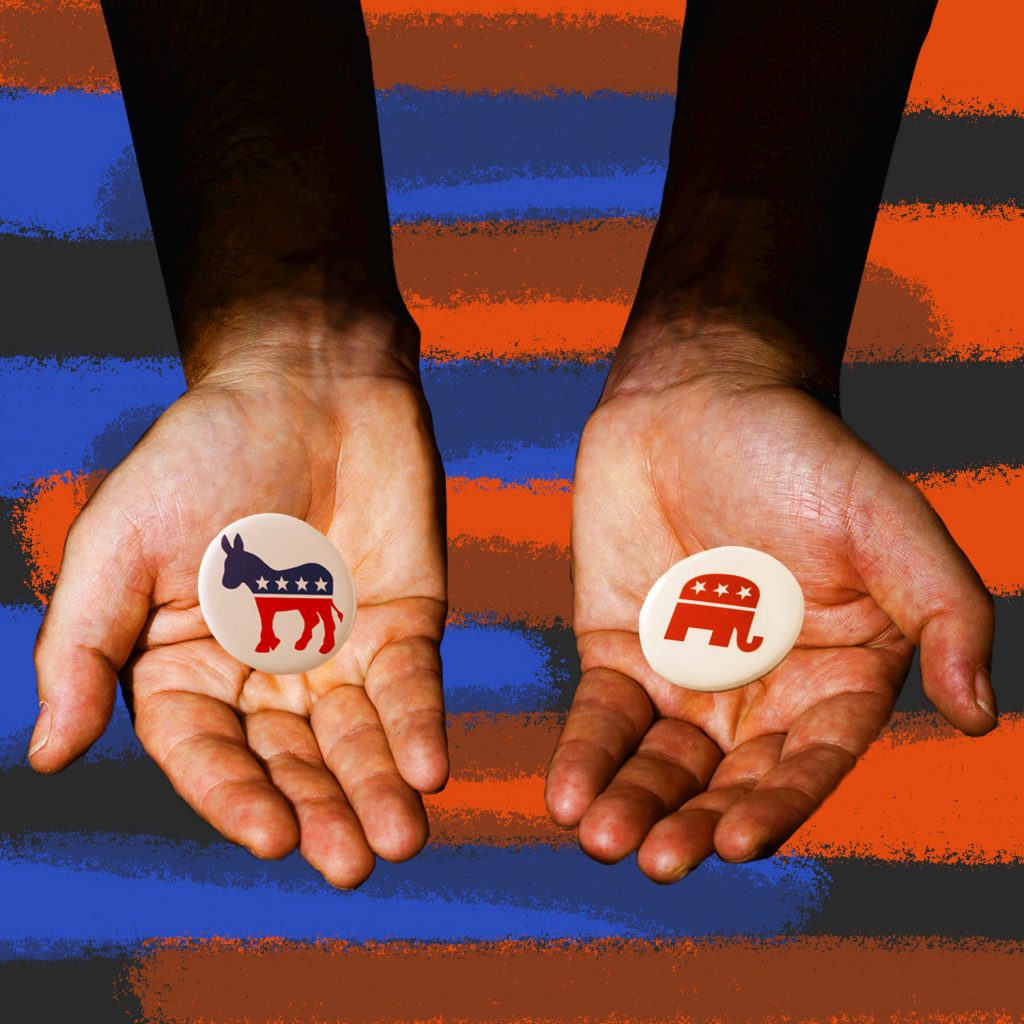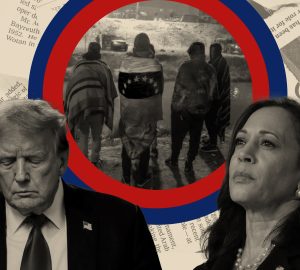Before arriving in the United States, I hadn’t the foggiest clue of anything related to politics. After six months here, however, I became a political junkie.
Maybe it was the timing of my arrival, summer 2016, smack-dab in the middle of the Trump-Clinton presidential race, which by no means was the first election to divide the country, was the one to divide it the most deeply. The American population that had before spread over the political spectrum was pushed towards both ends, leaving the middle gray (or is it purple?) middle scant to the point of being taboo — a cultural No Man’s Land.
Well, maybe comparing a political disposition to the World War I’s stretch of horror where men were obliterated is a bit intense. But is it? Ever since the election, American politics have been insanely polarized: on almost every matter, if you’re not for, you’re against; if you’re not red, you’re blue; and if you’re not xenophobic, you’re a liberal snowflake hippie. And since everything is wholly or in part touched by politics, opinions on everything are politicalized — and extremely so.

Everything now walks along the line between red and blue, from news to art to things people say to each other, causing a kind of anxious anticipation in the air for the next big controversy — something that spills all over the line and gives the chance for Internet citizens and news pundits to call each other out. And while some fights honestly start with good logic, most don’t, and instead of clarifying the rights and wrongs of the world, they just make things more muddled, and anyone unfortunate enough to be spotted wandering in this moral gray area stands a very good chance of being torn apart.
But you see why this clean-cut model doesn’t work: real life isn’t clean-cut. There are 300 million Americans; not counting the immigrants and foreign workers, that’s still 300 million — million! — unique perspectives on things, all of them subjective and none of them has the God-like ability to declare something right or wrong. Take cancel culture, for example: are cancelations always justified? Do the canceled deserve what they get? Are the people doing the canceling entitled to? These questions vary on a case-to-case basis, and even then the answers, from different points of view, vary irreconcilably. Trying to find one unified answer for all of them based on political logic is downright illogical. But it is precisely what the political landscape in America has become: illogical and intolerable.
With increasing polarization, the desire to impose polarized political views on others also gets stronger, especially in those on the further ends of the spectrums and those who benefit from being on the further ends of the spectrum — more specifically, political pundits. In this age of incessant news reporting, mean and dramatic deliveries are catchy — consequently, they’re profitable and effective. Shows like “Hannity” and “The Rush Limbaugh Show” are made to be consumed like entertainment, and if there’s one thing to note about entertainment, it’s that it very subtly but effectively shapes the audience’s opinions on things. As the line between news and entertainment blurs, so does the line between politics and enjoyment; people who had been separating the two are robbed of that option, either captured by talk shows claiming to be the sense-maker of the news, or confronted by their opinionated peers to turn gray areas red or blue.
But, most Americans don’t live in complete red or blue. In fact, most of them don’t even like politics, and most dislike political arguments. But this does not matter, for as long as the bluest and reddest of Americans keep being the loudest, the public view of politics will remain that it’s severely divided — from one side of the spectrum, the other party would always seem noisy and solidly aggressive, which in turn deepens the divide. It’s all a confusion, circus-like cycle that steadily push Americans towards the two extremes and clear from the middle gray area that most of real life and common sense reside.
With the upcoming 2020 presidential election, this ridiculous force only strengthens. One ought to question whether it would plateau come a less tumultuous administration.


























